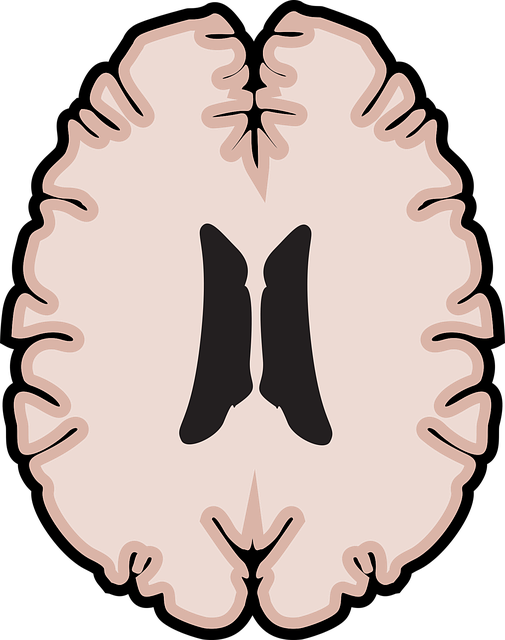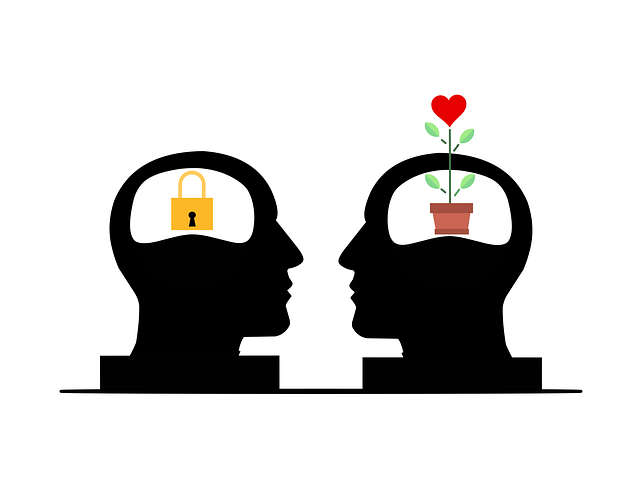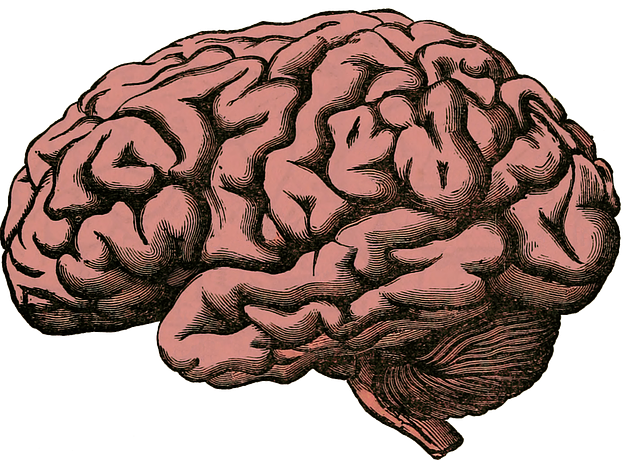Therapy for Child Abuse emphasizes the power of coping skills in healing trauma. Through structured programs like Mental Wellness Coaching, young survivors learn age-appropriate strategies to process emotions and overcome challenges. Techniques such as art therapy and risk management planning create safe spaces, fostering resilience and long-lasting emotional well-being. Tailored, culturally sensitive approaches, including empathy-building strategies, strengthen the therapeutic bond, preventing depression and promoting healthy stress management. Specialized treatment and education programs break down stigmas, empowering survivors to recover, build self-worth, and lead fulfilling lives.
Coping skills development is a vital component of healing from child abuse, offering survivors powerful tools to navigate trauma’s impact. This article explores the significance of coping mechanisms in therapeutic settings, targeting children and adolescents. We delve into identifying healthy strategies, providing practical approaches for practitioners. Additionally, we discuss empowering survivors with long-term coping skill development and resilience building, emphasizing its role in the therapy for child abuse.
- Understanding Coping Skills and Their Significance in Healing from Child Abuse
- Identifying Healthy Coping Mechanisms for Children and Adolescents
- Strategies for Teaching Effective Coping Skills in Therapeutic Settings
- Empowering Survivors: Long-term Coping Skill Development and Resilience Building
Understanding Coping Skills and Their Significance in Healing from Child Abuse

Coping skills are essential tools for healing and recovery from child abuse, offering individuals a sense of control and empowerment in managing their emotional well-being. These skills play a pivotal role in therapy for child abuse survivors, as they help navigate the complexities of trauma and promote mental health resilience. Through learning effective coping strategies, individuals can process their experiences, regulate emotions, and develop healthy ways to cope with distressing memories or triggers associated with their abuse.
In the context of mental health education programs design, focusing on inner strength development is crucial. Healthcare provider cultural competency training also emphasizes the importance of understanding individual differences in coping mechanisms, ensuring that therapy for child abuse is tailored to meet each person’s unique needs. By integrating these skills into therapeutic practices, professionals can facilitate healing journeys and empower survivors to build a sense of safety, self-worth, and overall well-being.
Identifying Healthy Coping Mechanisms for Children and Adolescents

Identifying healthy coping mechanisms is crucial for children and adolescents who have experienced trauma or abuse. Therapy for child abuse plays a pivotal role in helping young individuals develop age-appropriate strategies to navigate their emotions and challenges. Through structured programs like Mental Wellness Coaching, professionals can guide children in expressing themselves constructively, whether through art therapy, storytelling, or physical activities. These therapeutic approaches not only foster emotional healing processes but also empower kids with long-lasting coping skills.
Risk management planning for mental health professionals is essential to ensure a safe and supportive environment where vulnerable youth can explore their feelings. By integrating developmentally appropriate techniques into therapy sessions, professionals can help children build resilience and learn healthy ways to manage stress and difficult emotions. This proactive approach complements traditional therapy methods and contributes significantly to the overall well-being of children and adolescents.
Strategies for Teaching Effective Coping Skills in Therapeutic Settings

In therapeutic settings, teaching effective coping skills to individuals who have experienced child abuse or trauma is paramount. Therapists play a crucial role in equipping their clients with tools to manage and overcome challenging emotions. One strategy is incorporating cultural sensitivity in mental healthcare practice, recognizing that every client comes from a unique cultural background that influences how they express and cope with distress. Tailoring coping techniques to align with the individual’s cultural beliefs and practices fosters better engagement and effectiveness.
Empathy building strategies are another essential tool. Therapists should create a safe, non-judgmental space where clients feel understood and validated. By actively listening and demonstrating empathy, therapists can strengthen the therapeutic bond, encouraging clients to share their experiences and explore alternative coping mechanisms. Moreover, integrating these strategies into the therapy process can significantly contribute to depression prevention, especially for individuals who have endured trauma, by providing them with healthy ways to manage stress and regulate emotions.
Empowering Survivors: Long-term Coping Skill Development and Resilience Building

Survivors of childhood abuse often face a long journey towards healing and building resilience. Therapy for child abuse is a critical step in empowering individuals to develop effective coping skills, which are essential tools for navigating life’s challenges. Through specialized treatment and mental health education programs designed to address trauma, survivors can gain a deeper understanding of their experiences and learn healthy coping mechanisms.
Mental illness stigma reduction efforts play a significant role in this process by fostering an environment where individuals feel safe seeking help. By equipping themselves with coping skills development techniques, survivors can enhance their overall well-being, build resilience against future traumas, and lead fulfilling lives. This transformative journey empowers them to break free from the cycle of abuse and create a brighter future.
Coping skills development is a vital component of healing from child abuse, offering survivors essential tools to navigate life’s challenges. By understanding healthy coping mechanisms and implementing effective strategies in therapeutic settings, we can empower children and adolescents to build resilience. Long-term skill development fosters independence and enhances overall well-being, making it a crucial aspect of therapy for child abuse. Through focused instruction and support, individuals can transform their experiences into sources of strength, leading to lasting positive outcomes.









